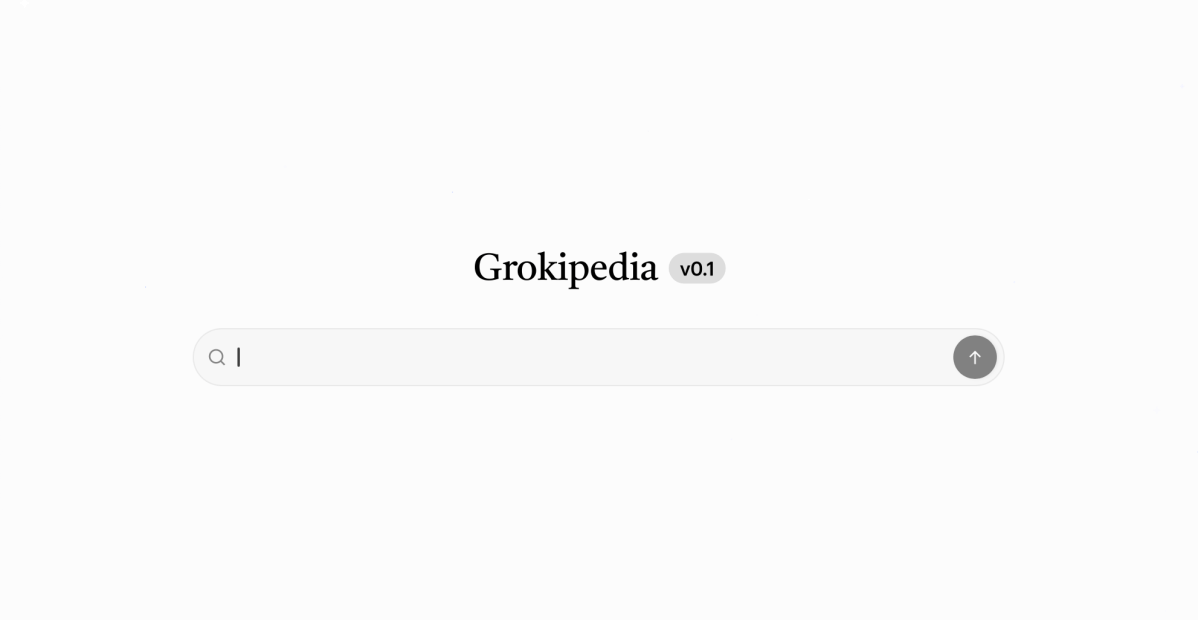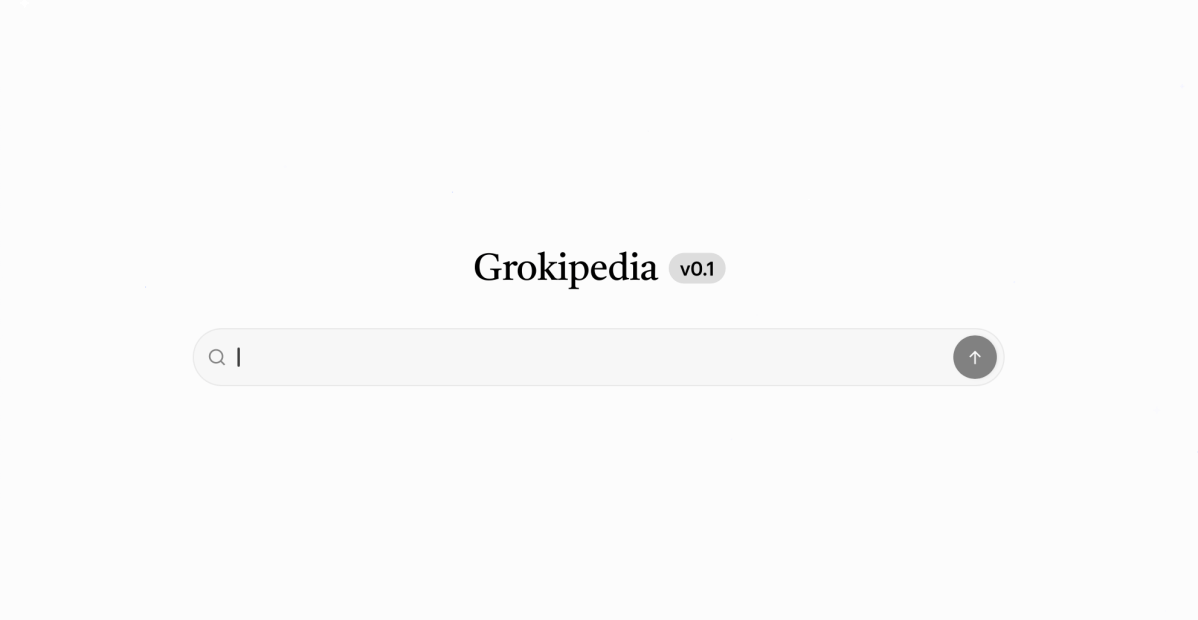Key Points
- Elon Musk’s xAI launches Grokipedia, an AI‑driven encyclopedia that mimics Wikipedia’s layout.
- The site’s homepage features a large search bar; article pages include headings, subheadings and citations.
- User editing is limited; an edit button appears only on a few pages and does not allow new contributions.
- Many entries note they are adapted from Wikipedia under a Creative Commons Attribution‑ShareAlike 4.0 License.
- Grokipedia claims AI‑generated fact‑checking, though the process is not explained.
- Wikimedia Foundation spokesperson Lauren Dickinson emphasizes Wikipedia’s nonprofit, volunteer‑run nature.
- Grokipedia lists over 885,000 articles, far fewer than Wikipedia’s roughly 7 million English pages.
- The platform is marked as version v0.1, indicating an early development stage.

Launch of Grokipedia
Elon Musk’s AI company xAI has rolled out Grokipedia, a new encyclopedia that closely resembles Wikipedia in design and functionality. The homepage is dominated by a large search bar, and individual entries follow a familiar structure with headings, subheadings and citation links. While Wikipedia allows open editing by volunteers, Grokipedia currently offers only a limited edit button on a few pages, and attempts to edit reveal pre‑completed changes without a clear attribution system.
Content Sources and Licensing
The platform explicitly states that much of its material is “adapted from Wikipedia, licensed under Creative Commons Attribution‑ShareAlike 4.0 License.” Examples include pages for the MacBook Air, PlayStation 5 and Lincoln Mark VIII, where the text closely mirrors the original Wikipedia articles. This acknowledgment appears at the bottom of each relevant page, indicating that Grokipedia relies heavily on Wikipedia’s existing knowledge base.
AI‑Generated Fact‑Checking Claims
xAI promotes Grokipedia as featuring AI‑driven fact‑checking, a claim that raises questions given the known propensity of large language models to generate inaccurate statements. The site includes notes suggesting that entries have been “fact‑checked” by the underlying AI, but the timing and methodology of those checks are not detailed.
Response from the Wikimedia Foundation
Lauren Dickinson, spokesperson for the Wikimedia Foundation, responded to the launch by underscoring Wikipedia’s role as a nonprofit, volunteer‑run resource that has been the backbone of online knowledge since 2001. She highlighted Wikipedia’s transparent policies, rigorous oversight and commitment to neutrality, noting that “Wikipedia’s knowledge is – and always will be – human.” Dickinson’s statement affirmed that while alternative projects like Grokipedia do not interfere with Wikipedia’s mission, the latter will continue to provide free, trustworthy knowledge built by its community.
Scale and Early Status
Grokipedia’s footer indicates that the site contains over 885,000 articles, a modest figure compared with Wikipedia’s roughly 7 million English‑language pages. The homepage displays a version number of v0.1, signaling that the platform is in an early developmental stage.
Implications and Outlook
The introduction of Grokipedia reflects a broader trend of AI companies leveraging existing knowledge repositories to create new services. While the launch offers a streamlined, AI‑enhanced browsing experience, the reliance on Wikipedia content and limited editing capabilities raise questions about originality, editorial control and the reliability of AI‑generated fact‑checks. Observers will watch how xAI addresses these concerns and whether Grokipedia can evolve beyond its current dependence on Wikipedia’s vast database.
Source: theverge.com
